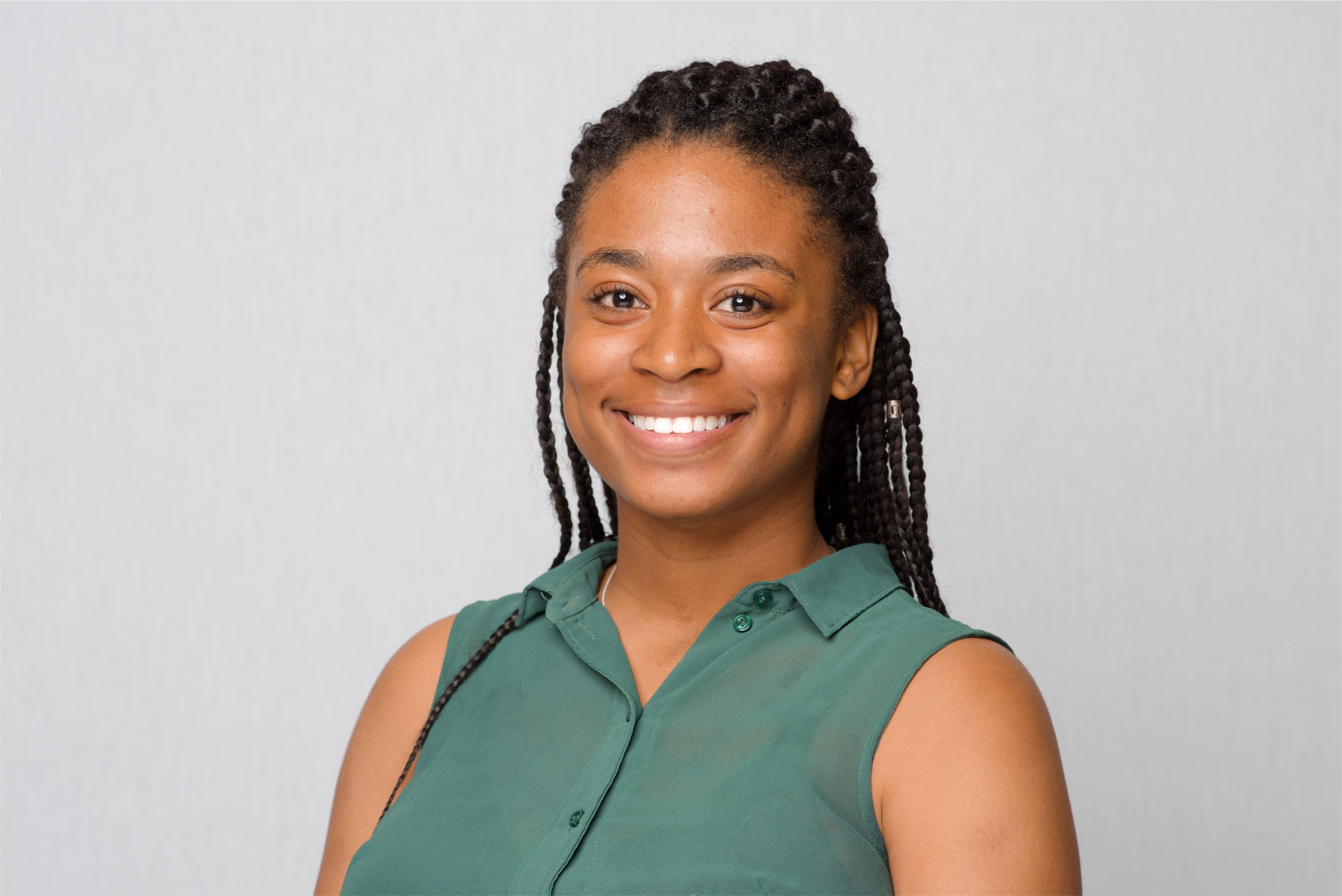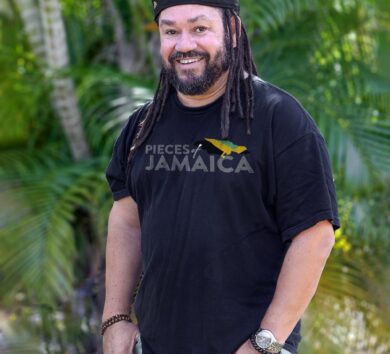

American rapper Nicki Minaj made a shocking revelation recently, publicly sharing that she once suffered from body image issues, a common problem faced by women across many societies, except for many of those in Jamaica, according to author and activist Shelly-Ann Weeks.
While Weeks, founder of the HerFlow Foundation, noted that body image issues have become prevalent during the age of social media, she believes that Minaj’s experience is not one that can be applied in the context of Jamaican women, owing to their naturally curvaceous and voluptuous figures.
“In the Jamaican context, curvaceous women are pretty much the norm. Jamaican women typically are curvaceous. I don’t think that that particular issue that Nicki Minaj spoke about, based on her own environment at the time, necessarily applies to the typical Jamaican woman,” the author told Our Today.
During a podcast interview with media personality Joe Budden, Minaj expressed the regret she had from self-administering buttock augmentation injections (ass shots).
The rapper shared that being in an environment with “big butt women”, and being subjected to constant conversations on the matter, as well as being taunted for her small derriere, caused her to feel insecure and led her to seek shots without medical advice.

While Weeks argued that Minaj’s insecurities cannot be applied in a Jamaican context, she did not entirely dismiss the idea that there are some women on the island who pursue cosmetic surgery out of insecurities. However, from her observation, she said she believed their main motivation stems from a desire to look their best.
“There are women who are getting cosmetic surgery now for a variety of reasons… it doesn’t all start from insecurity, some of it is insecurity, but there are women who really just want to look their best and they just think that in order to achieve that, they can go and have the service of a cosmetic surgeon, to assist them to look their best,” Weeks said.
She added that there aren’t many smaller sized Jamaican women who, in her opinion, have expressed a need to appear voluptuous.
“I have not seen a lot of skinnier Jamaican women express that they want to do their bodies because they are insecure that they are not curvaceous.”

The activist then went on to note that Jamaican artistes who, like Nicki Minaj, have done work on their bodies, get these surgeries not because of personal challenges with their appearance, but instead to make more money.
“Generally speaking they [female artistes] talk about the fact that when they do their bodies it gives them more opportunities to make more money. So that is what they said their influences are why they do their bodies.
“I have not heard any Jamaican entertainer or public speaker who I’ve seen enhance their body talk about body image issues. I hear them talk about the fact that whenever they get the procedures done they can charge more money because it pays off in the long run, so it is more considered an investment,” Weeks explained.
Weeks however stressed that institutions ought to be created to study behaviours and social problems such as body image issues in Jamaica, as currently, there isn’t much evidence on the matter.
“One of the problems that we have generally as a society is that a lot of these things aren’t studied. We don’t have an institution that looks at, you know, what causes certain behaviours and that is something that I would like to see change in academia, where we have more research done so that we can actually… identify problems and tackle them,” she said.
“But, as it is now, a lot of these things aren’t studied so it’s really just observation I can speak from.”







Comments